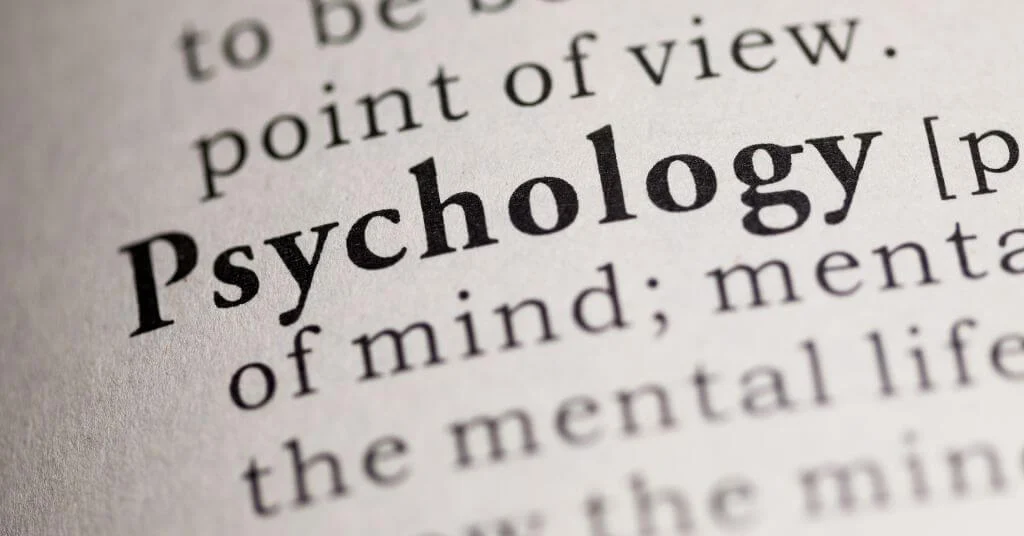Is multitasking against mindfulness?
Is multitasking against mindfulness? Mindfulness is the opposite of multitasking. It means that you focus on being present and giving your full attention when fulfilling a task or engaging in a real-life conversation. This ensures that your mind stays focused on the here and now and the real world with all its dimensions and without judgement.



